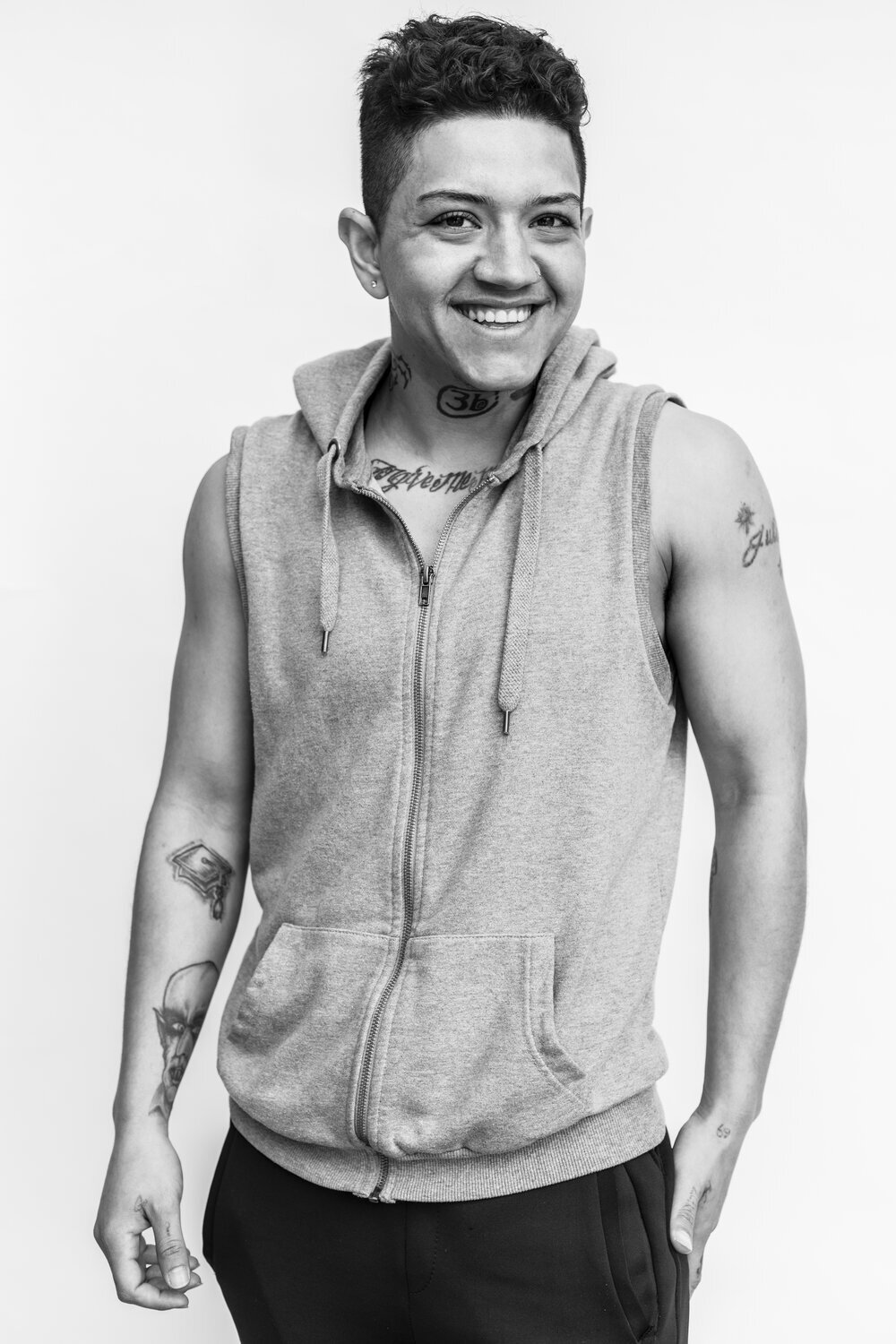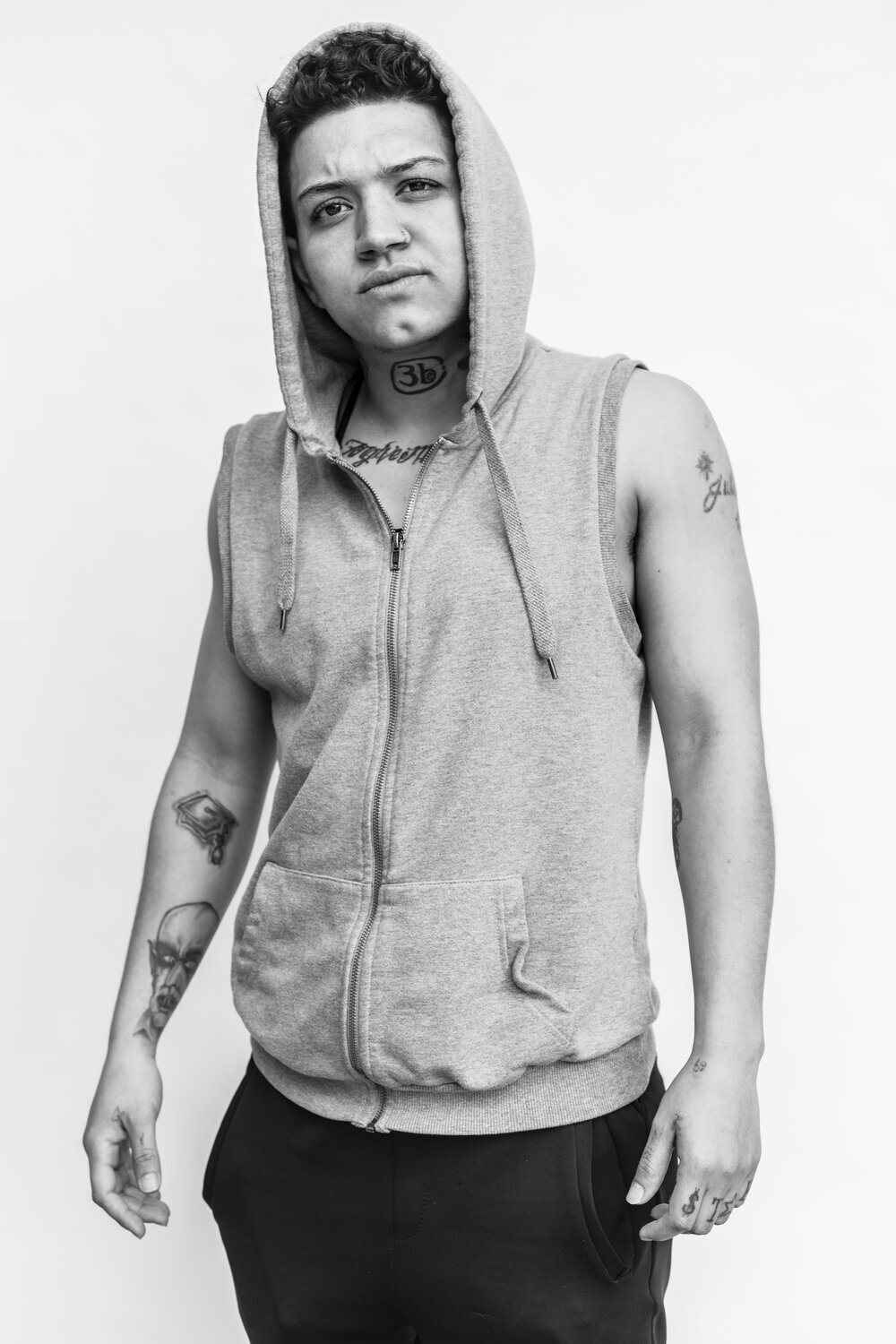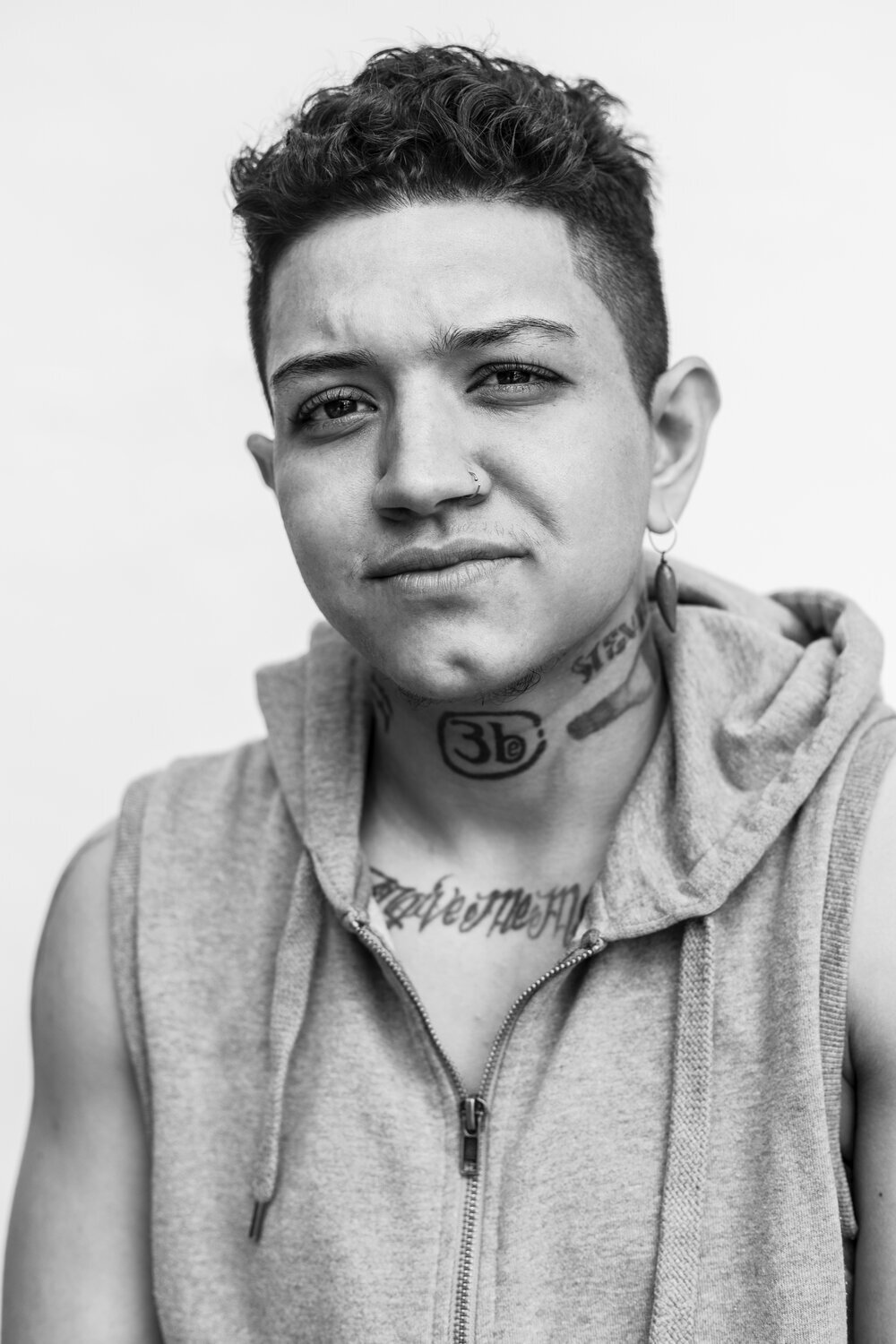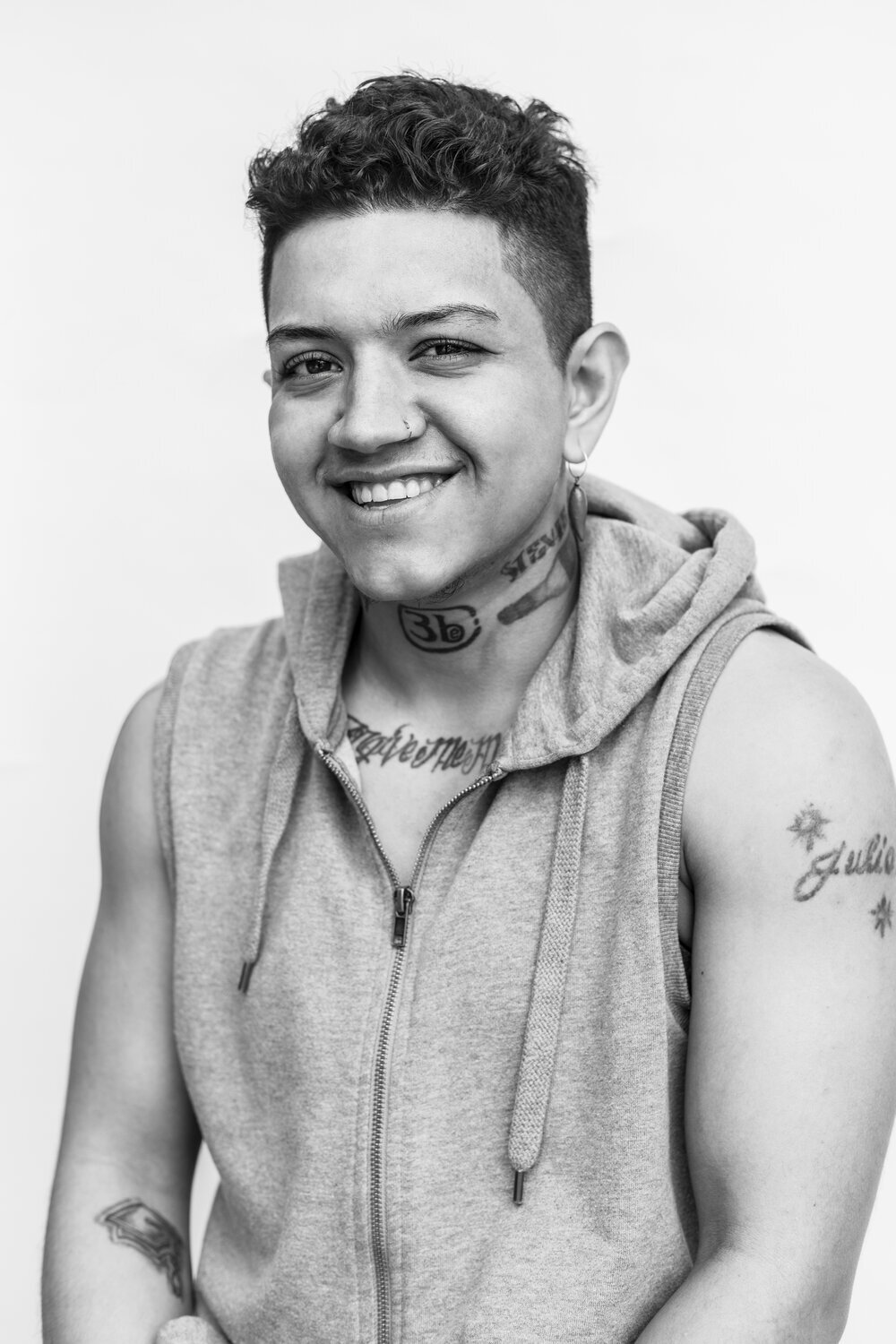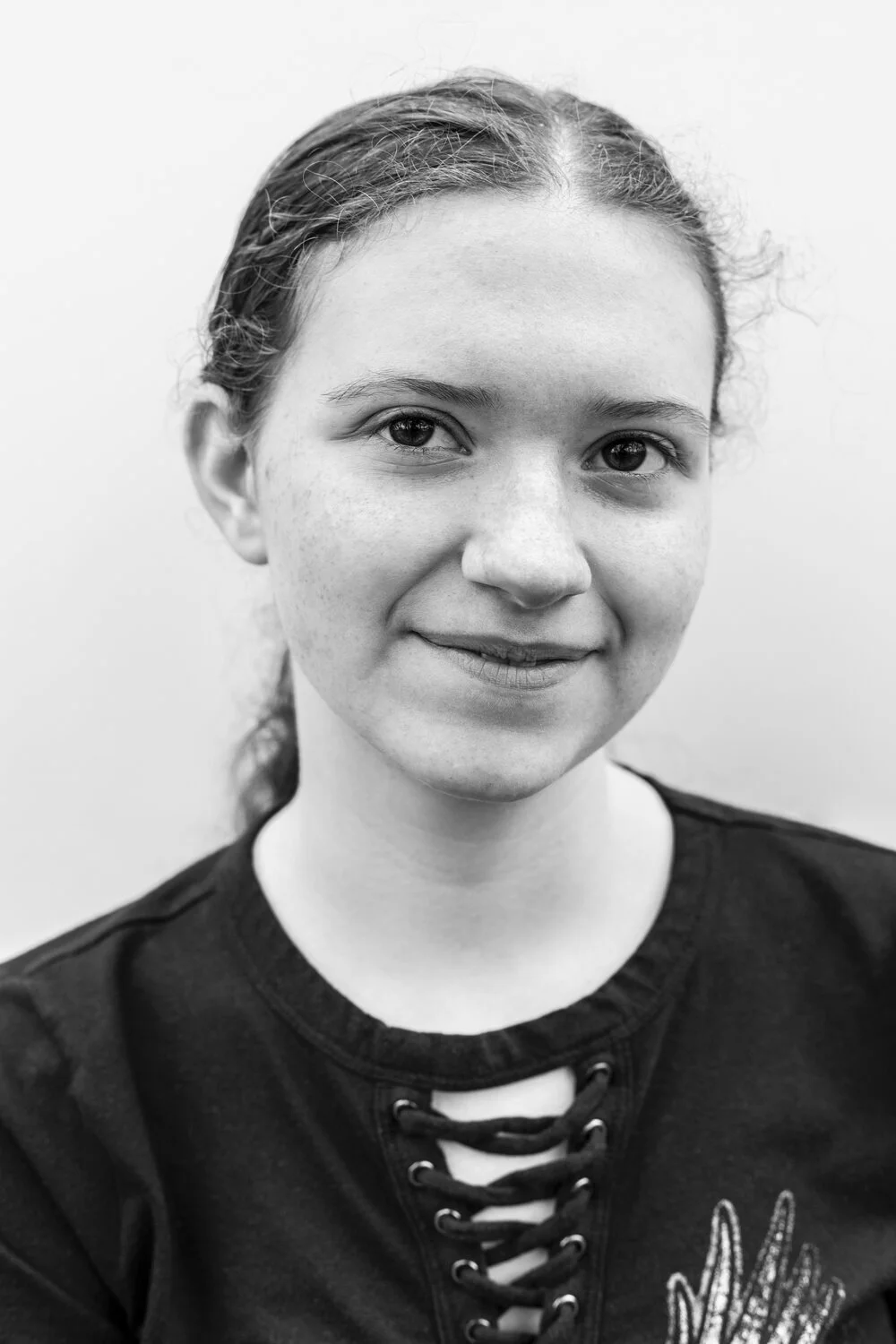GABRIEL
CALIFORNIA | SERIES # 4
I grew up in a small rural town in South Texas. I was one of the very few out queer people in my hometown, and I had no sense of what being a part of the LGBTQ Community was. From a very young age, I expressed that I liked girls, and when I was around 5 years old, I mentioned to my older sister that my female classmate “made my heart glow.” My family never made me believe that being queer was wrong, despite growing up in a very catholic household. I was never pressured or told to act more feminine or to dress in a certain way. I will always appreciate my family and hometown friends for that.
Masculinity, mostly toxic, was definitely something I embraced and gravitated to, whether it had been my clothing, the toys I played with, or the extreme of not wanting to engage in anything traditionally feminine. The reason for that was, since I felt like a boy, I thought I had to be everything that a boy traditionally is from our societal view. Coming from Texas largely influenced the narrowness of my view on gender, and the roles we play as men and womxn. At that point in my life, non‐binary identities didn’t exist to me yet.
At the end of 2015, when I was 21, I moved to San Diego and then moved to Los Angeles shortly after. Moving to LA has broadened my view on a variety of things, like politics, religion, womxn’s rights, gender and gender roles, racism and colorism, social issues in general, and how they all intersect. With all this newfound knowledge and exposure, I’ve been able to find and reinvent myself in a way that allows me to live my life authentically – with no regard to what society thinks I should be.
I have a sense of community since getting involved with queer spaces and forming relationships with people who I share similar life experiences. I’ve also found a sense of empowerment in being a Transgender Person of Color, which I owe to my trans brothers and sisters that continuously exhibit strength and tenacity in a world that tries so hard to convince us that we shouldn’t exist.
As a trans person, my struggles are different than other members of the LGBTQ community. As a POC (Person of Color), my struggles are different than white identities in the Trans Community. Being light‐skinned and male identified also play a factor in what those struggles are/the severity they impact my life. A lot of the time, I feel that trans people are on the outside, looking in when it comes to being a part of the LGBTQ Community. Our counterparts are often unsupportive and non‐inclusive, which leads to a feeling of not having a community outside trans identified folks. I think people in general often forget what it really means to be a part of a community. I think that has to do with the influence from the social issues we face in today’s society.
To me, being a member of the LGBTQ Community is knowing that there is no community if racism, sexism, or any sort of discrimination is present. I feel that we are most powerful when we support and advocate for others that may not share our exact intersections. While only the Universe truly knows what concepts are tangible to the LGBTQ Community in the future, I believe that there is strength in diversity and we, as a whole, can accomplish what we all want to ultimately achieve: love and acceptance.

